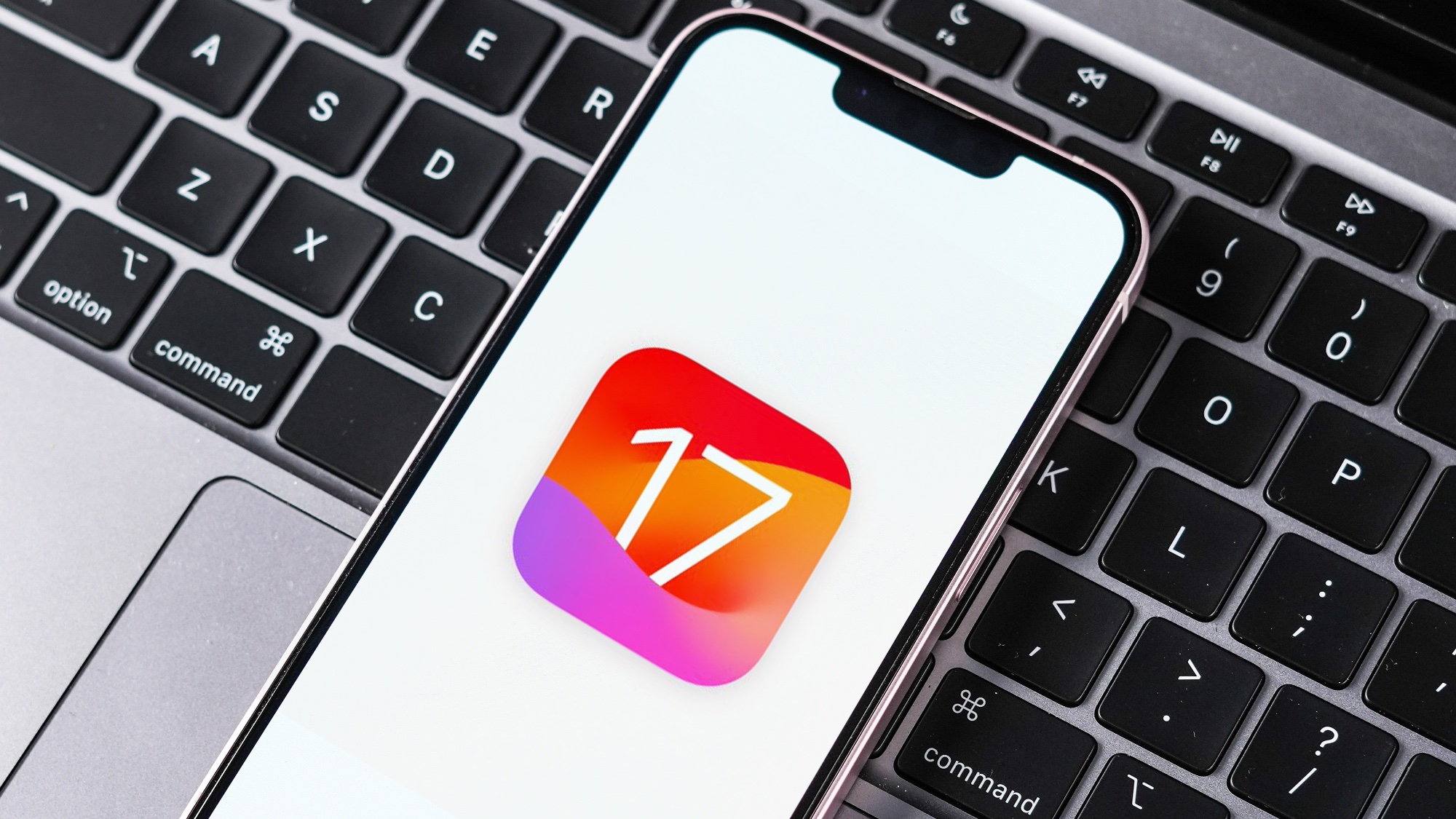
Apple released its latest iOS 17.2 beta update to the public this week, and reportedly tucked away within the code is evidence that sideloading apps, a.k.a. downloading apps from third-party app stores, could soon be coming to the best iPhones.
That's according to the eagle-eyed team at 9to5 Mac, who spotted a new public framework called “Managed App Distribution" in the iOS 17.2 beta code. At first, the outlet posited this API could be related to modernizing MDM solutions for installing enterprise apps, but a few holes in that theory quickly began to emerge. For one, iPhones already possess this capability. The API also contains a reference to a region lock, a component that doesn't really make sense for MDM solutions, but it would be necessary for enabling sideloading apps in particular countries in accordance with local regulations.
Upon digging a little deeper, the outlet learned this API has basic controls for downloading, installing, and updating apps from external sources as well as an extension endpoint declared in the system, which enables other apps to create extensions of this type. There's also a new, unused entitlement capable of giving third-party apps the necessary permissions to install other apps on iPhones.
"In other words, this would allow developers to create their own app stores," 9to5Mac writes.
Back in April, a Bloomberg report detailed Apple's plans to lay the groundwork for sideloading apps with iOS 17, finally giving iPhone users access to a feature long found on the best Android phones. Historically, Apple has kept its iPhone ecosystem a walled garden, as users can only download apps from the company's official App Store. With sideloading enabled, iPhone users could download apps hosted outside of the App Store for the first time, while also providing iOS developers with a way to skirt Apple's 15-30% cut of App Store purchases.
Of course, all of this stems from new European Union regulations that put Apple's feet to the fire to change its ways. The European Union's Digital Markets Act, which goes into effect in 2024, is a historic reboot to the EU's digital rulebook that forces big tech companies to open up their services and platforms to other developers and give users the choice of downloading apps from different sources.
This is likely why Apple chose to focus on hyping up a different feature added with the latest iOS 17 beta: spatial video recording to capture videos in 3D. Though you can enable the feature now and start recording, you won't be able to actually watch these lifelike videos in all their glory until the Apple Vision Pro comes out sometime next year.







